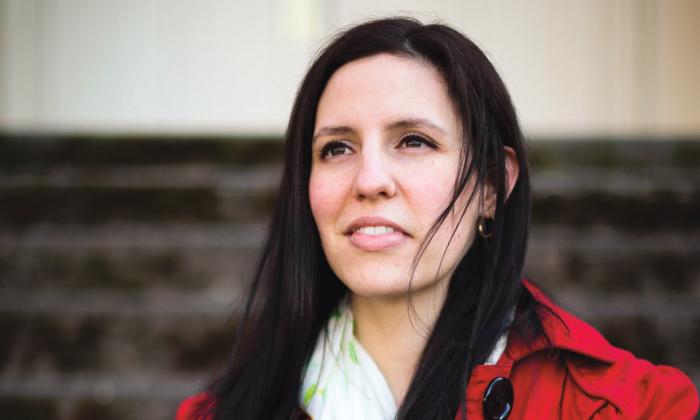I am a fourth-grade spanish teacher at a dual-language international school in Seattle, Wash. When this comes up in conversation, people automatically assume I work at a private school made up of affluent children. They are often amazed when I explain that it is, in fact, a low-income public school where 89 percent of the students are culturally and linguistically diverse and 80 percent qualify for free and reduced lunches. They are impressed when I explain that our school is student-centered, has close partnerships with the neighborhood community and serves as a model for how schools can partner with their local communities to benefit the children they share.
Every time I have to provide these explanations, my heart aches. Why do we assume that programs and communities like the one my school models would be available only to affluent families? I believe the assumption arises because these kinds of special programs have been available mostly to middle and high-income families. For too long, low-income communities and students of color have not been offered highly rigorous academic programs or instruction.
I teach because I profoundly believe that students’ ZIP codes should not dictate the quality of their education. I teach because, while poverty may complicate various aspects of daily life, it should never affect the quality of instruction a child receives. Quality instruction involves highly rigorous work, critical discussions and challenging problem solving, provided in a warm and inclusive environment. I strive every day to provide this kind of education for my students.
Often we dive into topics that are difficult to talk about. Recently, I was preparing a lesson about the Taliban for my class as an introduction to The Breadwinner, a novel by Deborah Ellis that I was going to read aloud. I couldn’t quite decide how to approach the subject of life under Taliban rule. “Are you sure you want to go there?” my husband asked. My answer was a resounding yes.
This isn’t the first time someone has asked me why I “go there” with uncomfortable topics such as the Holocaust, nuclear war and violent dictatorships. I teach about these topics because my students need to understand the world they live in, present and past. Part of providing a rigorous education for our children means challenging students to be critical thinkers and problem solvers. I believe my students must learn about, and reflect upon, our world’s difficult realities in order to become advocates for social justice.
I also teach because I love sharing my work with others. I have been fortunate the past two years to mentor student teachers from the University of Washington Martinez Foundation who are blossoming into the profession. Serving as a mentor for fellow teachers of color only strengthens my work and connections to our local education community. I teach because in order to foster social justice in education, one must model it for our future teachers and show them the power and value of this work.
We all carry within us a vision of the world we want to leave for our children. I teach because my current students are our future leaders, and it is my firm belief that these early conversations about human rights, equity and peace will help foster a more beautiful and just future for all.
—Marina Pita
Share Your Story:
We want to hear what motivates you to get up each morning and serve students in our nation's schools. Send your 600-word submission for the "Why I Teach" column to us here.


0 COMMENTS